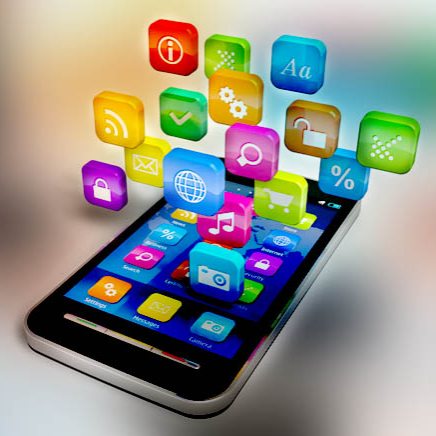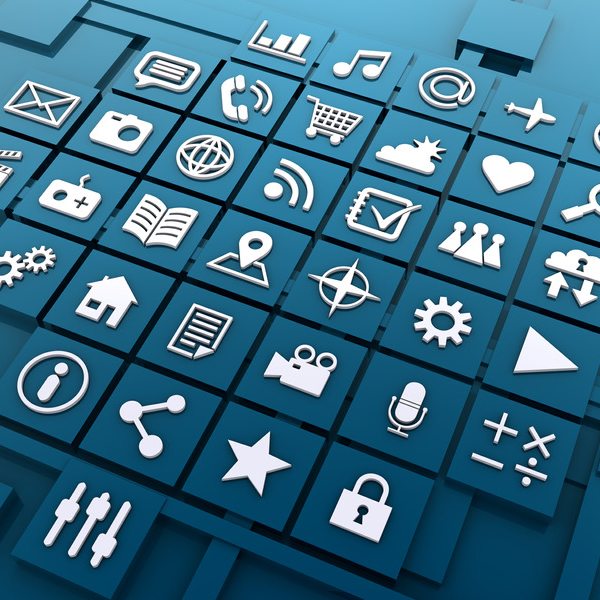Ecommerce refers to the buying and selling of goods or services using the internet, and the transfer of money and data to execute these transactions.
Ecommerce is often used to refer to the sale of physical products online, but it can also describe any kind of commercial transaction that is facilitated through the internet. There are four main types of ecommerce models that can describe almost every transaction that takes place between consumers and businesses:
Business to Consumer (B2C):
When a business sells goods or services to an individual consumer (e.g. You buy books from your Amazon or Takealot ).
Business to Business (B2B):
When a business sells a good or service to another business (e.g. A business sells SAAS (software as a service) product for other businesses to use)
Consumer to Consumer (C2C):
When a consumer sells a good or service to another consumer (e.g. You sell your old furniture on eBay/Bid-or-Buy to another consumer).
Consumer to Business (C2B):
When a consumer sells their own products or services to a business or organization (e.g. An influencer offers exposure to their online audience in exchange for a fee, or a photographer licenses their photo for a business to use)
There are quite a few Ecommerce platforms available using different technologies and on different licensing options, here a few popular options:
– WooCommerce (built on top of WordPress)
– Shopify
Ecommerce can come in a variety of forms involving different transactional types between businesses and consumers, as well as coming in different forms of objects being exchanged.
Ecommerce Retail:
The sale of a product by a business directly to a customer without any intermediary.
Wholesale:
The sale of products in bulk, often to a retailer that then sells them directly to consumers.
Ecommerce Dropshipping:
The sale of a product, which is manufactured and shipped to the consumer by a third party.
Crowdfunding:
The collection of money from consumers in advance of a product being available in order to raise the startup capital necessary to bring it to market.
Subscription:
The automatic recurring purchase of a product or service on a regular basis until the subscriber chooses to cancel.
Physical products:
Any tangible good that requires inventory to be replenished and orders to be physically shipped to customers as sales are made.
Digital products:
Downloadable digital goods, templates, and courses, or media that must be purchased for consumption or licensed for use.
Ecommerce Services:
ECommerce services are a skill or set of skills provided in exchange for compensation. The service provider’s time can be purchased for a fee.
Now is the time to start selling your product and services online to get ahead of your competition, it opens up a whole new channel and will also be a different target audience as you might now be able to trade across borders where you’re limited to with a local brick and mortar store.


